What is a Kidney Health Test?
A Kidney Health Test measures how effectively your kidneys filter waste and balance electrolytes, using markers such as creatinine, eGFR, sodium, potassium, chloride, bicarbonate, anion gap, urea, and uric acid.
These indicators show how well your kidneys support hydration, pH stability, and nutrient regulation—key factors in maintaining daily energy and resilience.
Why does it matter for long-term health and wellbeing?
Kidney health underpins how efficiently your body manages water, minerals, and waste. When these systems function well, your metabolism, energy levels, and physical performance stay more balanced. Monitoring your results helps you maintain internal stability and prevent gradual decline in kidney efficiency over time.
How do I know if my Kidney Health Test is optimal?
Optimal results typically align with standard Australian reference ranges for filtration and electrolytes. Stable eGFR and creatinine levels, along with balanced sodium and potassium, indicate your kidneys are managing fluid and mineral balance effectively.
What influences Kidney Health Test levels?
Levels can fluctuate with hydration status, high-sodium or high-protein meals, strenuous exercise, and overall fluid intake. Even mild dehydration can temporarily raise certain values like urea or creatinine.
What does it mean if my Kidney Health Test is outside the optimal range?
Slight variations often reflect short-term factors such as inadequate hydration, dietary changes, or temporary electrolyte shifts. Reviewing your results over time gives more accurate insight than a single reading.
How can I support healthy Kidney Health Test results?
Drink adequate water, choose whole foods over processed ones, and maintain a balanced intake of protein and minerals. Consistent testing through platforms like Vively helps you see how lifestyle adjustments influence your hydration, metabolism, and overall vitality.
This information is provided for general health and wellness purposes only and does not replace medical advice.












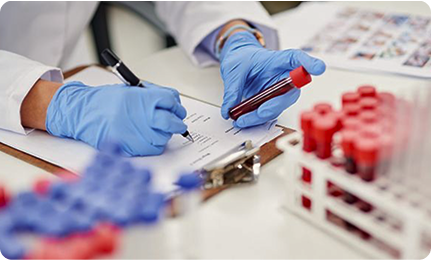
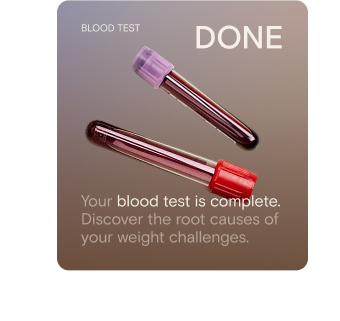
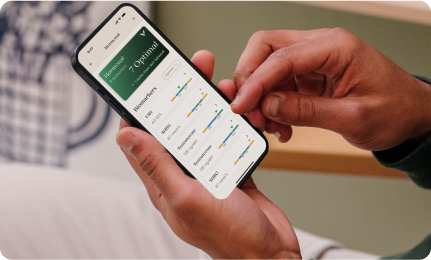
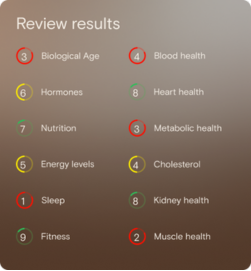

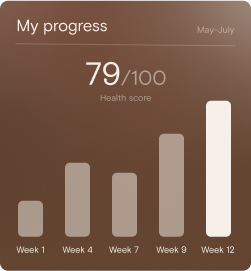


.png)


.svg)

